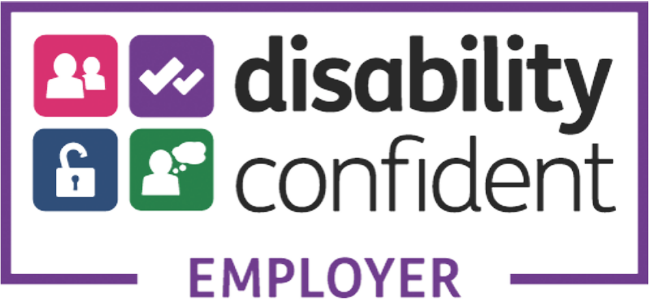For organisations looking to find out more about neurodiversity support services for the workplace.
Education support
For tertiary education looking to find out more about neurodiversity support services for education.
Support and develop the neurodivergent employees in your workforce
For employers across the UK, employee health, wellbeing, diversity, and inclusion has never been so important. Our workplace adjustment & neurodiversity solutions cover all aspects of employee wellness.
As an OH provider, we offer a range of wellness solutions to support all your employees including mental health support, health screening, to blood testing and lifestyle advice.


Nurture through understanding
PAM Wellness is a Disability Confident Leader and employer. We are proud to offer an extensive range of high-quality services to create neuro-inclusive cultures at work and provide psychological support services so neurodivergent talent can flourish.
Our extensive experience enables us to ensure we offer tailored adjustments to support and enable neurodivergent employees at work and in education, such as:
- Getting to know individuals and how they work best
- Understanding challenges at work and providing recommendations and solutions
- Providing assistive technology and equipment
- Providing awareness sessions about neurodiverse conditions
- Mental health support, advice and guidance
- Coaching

Although neurodiversity is widespread, many neurodivergent people hide their condition from coworkers out of shame, a lack of knowledge or a fear of being treated unfairly.
Our Workplace Adjustment and Neurodiversity services include the following functions:

Workplace Needs Assessments

Diagnostics & Screenings

Assistive Technologies

Assistive Technology Training

Workshops & Webinars

Awareness Training

Coaching and Co-Coaching
Neurodiversity facts and figures
Our services provide individuals with high-quality, practical and emotional tools, and effective clinical interventions that are designed to create long-lasting results.
70%
70% of Neurodivergent employees experience mental health challenges
Source: Wills Towers Watson, 2022
50%
50% of employees are far less likely to leave where adjustments are tailored
Source: NiB, 2023
1 in 7









